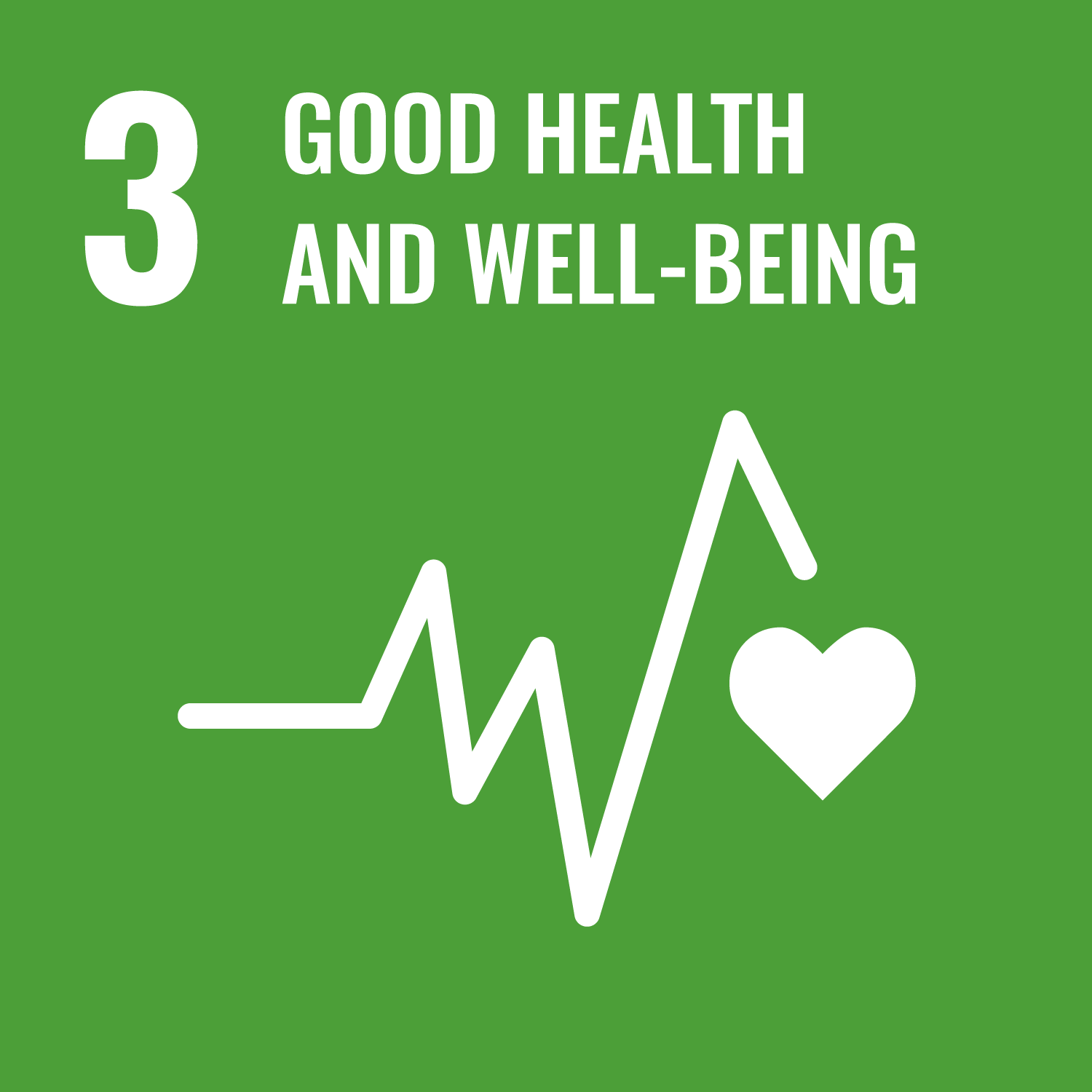Early Childhood Development (ECD) Impact Bond Innovation Fund
This project is also known as The Impact Bond Innovation Fund
Aligned SDGs



- Early Childhood Development (ECD) Impact Bond Innovation Fund
- General overview
- Location
- Involved organisations
- Outcome metrics
- Results
- Other resources
- Spreadsheet of data
- Early Childhood Development (ECD) Impact Bond Innovation Fund
- General overview
- Location
- Involved organisations
- Outcome metrics
- Results
- Other resources
- Spreadsheet of data
General overview
Stage of development: Complete
Policy sector: Child and family welfare
Date outcomes contract signed: Jun 2018
Start date of service provision: Jan 2018
Capital raised (minimum): South African Rand 9.03m (USD 1.04m)
Service users: 4k+ individuals
Intervention
The Western Cape Foundation for Community Work (FCW) is a development and resource ECD organization that promotes the holistic development of children within the context of their families and communities, through innovative, integrated, and sustainable interventions and programmes. FCW is delivering its Family in Focus Programme in a home visitation programme where community caregivers work with parents or caregivers and children in the home to deliver ECD programming focusing on the needs of pre-school aged children. Over a three year period, the IBIF, through FCW, will seek to improve the cognitive and socio-emotional development outcomes of more than 2,000 children in the low-income communities of Atlantis and Delft, in the Western Cape province of South Africa.
Target population
Children aged 3 to 5 drawn from the low-income communities of Atlantis and Delft in South Africa’s Western Cape Province.
Location
Country
- South Africa
Service delivery locations
- Atlantis and Delft, Western Cape, South Africa
Involved organisations
Outcome metrics
- Recruitment and Retention. Successful recruitment and retention (until programme mid-year) of beneficiaries on the programme. Paid per qualifying beneficiary.
- Attendance. Beneficiaries attending at least 50% of the programme over the course of the year. Paid per qualifying beneficiary.
- Development Assessment. Average Early Learning Outcome Measure (ELOM) score for the entire cohort that is 0.2. standard deviations of the mean higher than what is normal for South African children in the same age and quintile. The ELOM is a child development assessment normed on local child populations.Average scores will be calculated and payment made on an annual cohort basis by drawing a statistically significant sample (approximately 250 children) that adequately reflects the performance of the group.
Other resources
Spreadsheet of data
Important Notice and Disclaimer on INDIGO Data
INDIGO data are shared for research and policy analysis purposes. INDIGO data can be used to support a range of insights, for example, to understand the social outcomes that projects aim to improve, the network of organisations across projects, trends, scales, timelines and summary information. The collaborative system by which we collect, process, and share data is designed to advance data-sharing norms, harmonise data definitions and improve data use. These data are NOT shared for auditing, investment, or legal purposes. Please independently verify any data that you might use in decision making. We provide no guarantees or assurances as to the quality of these data. Data may be inaccurate, incomplete, inconsistent, and/or not current for various reasons: INDIGO is a collaborative and iterative initiative that mostly relies on projects all over the world volunteering to share their data. We have a system for processing information and try to attribute data to named sources, but we do not audit, cross-check, or verify all information provided to us. It takes time and resources to share data, which may not have been included in a project’s budget. Many of the projects are ongoing and timely updates may not be available. Different people may have different interpretations of data items and definitions. Even when data are high quality, interpretation or generalisation to different contexts may not be possible and/or requires additional information and/or expertise. Help us improve our data quality: email us at indigo@bsg.ox.ac.uk if you have data on new projects, changes or performance updates on current projects, clarifications or corrections on our data, and/or confidentiality or sensitivity notices. Please also give input via the INDIGO Data Definitions Improvement Tool and INDIGO Feedback Questionnaire.